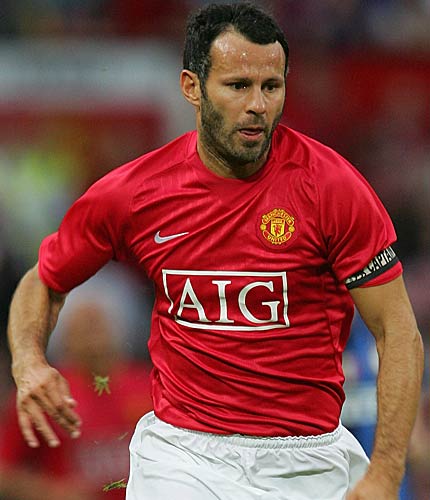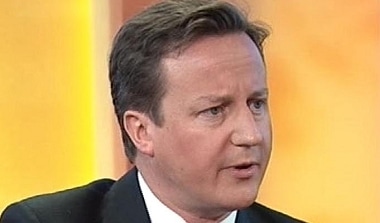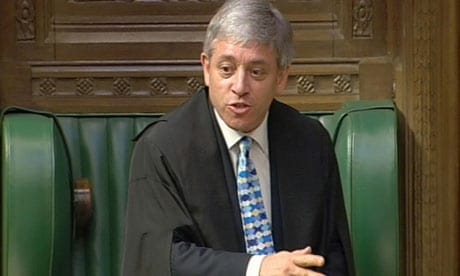Britain’s scandal-hungry news media, an outspoken parliamentarian and thousands of ordinary people using the Twitter micro-blogging site have dealt a body blow to an institution of British justice, flouting a gag order imposed by one of the country’s top judges.
Manchester United star Ryan Giggs had been granted an injunction preventing media from publishing allegations that he’d had an affair with Big Brother contestant Imogen Thomas, but over the past few days his identity has increasingly appeared across the internet, leaving newspapers to chomp at the bit as Twitter users swapped jokes about the sportsman’s alleged indiscretion.
The journalists knew. The fans knew. Even Prime Minister David Cameron knew, telling morning television it was “rather unsustainable where newspapers can’t print something everyone else is talking about”.
But breaking an injunction is a serious business, and the dam didn’t completely burst until British MP John Hemming identified Giggs in parliament. MPs benefit from absolute immunity…they have free rein to say what they wish and shrug off the threat of contempt of court.
Until then, Britain’s media had largely held its fire, relying instead on oblique references and blacked-out profile shots. But the pressure had been building all weekend, with hundreds of tweets an hour identifying Giggs as the man behind the gag order.
Football fans openly taunted Giggs about the matter during United’s clash with Blackpool at the weekend. One journalist even blurted out part of the man’s name in a broadcast interview.
Giggs first turned to the British courts to keep his name from being linked to Imogen Thomas.
He had been seeking anonymity, but the effort backfired as the case increasingly became a touchstone for arguments over what Britons know as “super-injunctions” – sweeping legal measures that ban journalists from writing about something, or even writing about the fact that they can’t write about something.
The injunction that had been at work in the soccer star’s case was more properly known as an “anonymised injunction” – which meant that the media could write about him, so long as they kept his name a secret.
Gag orders aren’t necessarily devoted to tawdry personal matters, but of the 30 or so such injunctions awarded in Britain since 2008, all but three have gone to males.
That has lead some legal commentators to suggest the injunctions are being used by wealthy and powerful men to keep their alleged sexual indiscretions from being aired in public.
It’s in that context that Giggs’ name increasingly dripped out over the past few weeks. Every time his legal team tried to plug a leak, several more sprang.
Thomas went to Britain’s High Court to try to overturn the injunction earlier this month. She was defeated, but a mysterious Twitter account revealed Giggs’ name anyway, a move that swiftly drew national attention.
On Sunday, Scotland’s Sunday Herald became the first British newspaper to flout the injunction, publishing a thinly censored photograph of Giggs on its front page. Only his eyes were blacked out, and beneath the sportsman’s clearly recognisable face, the Herald wrote “everyone knows” this was the star “accused of using the courts to keep allegations of a sexual affair secret”.
In an editorial, the Herald said it was “unsustainable” for newspapers not to be able to print information available on the internet.
The paper quickly noted it was not accusing the sportsman of carrying out an affair, but said, “Whether the allegations against him are true or not has no relevance to this debate.
“The issue is one of freedom of information and of a growing argument in favour of more restrictive privacy laws.”
Giggs’ name was made completely public and David Cameron went on live television and called for a “time out” and to “have a proper look at this”.
Culture Secretary Jeremy Hunt promised to lawmakers he would create a committee to examine how the rules governing gagging orders could be changed.
“We take seriously the need to ensure we have the correct balance between privacy and freedom of expression,” he said.
As for Hemming, he was admonished by Speaker of Parliament John Bercow for his outburst. A lawyer for Giggs did not immediately return an email seeking comment.
by Buford Balony







